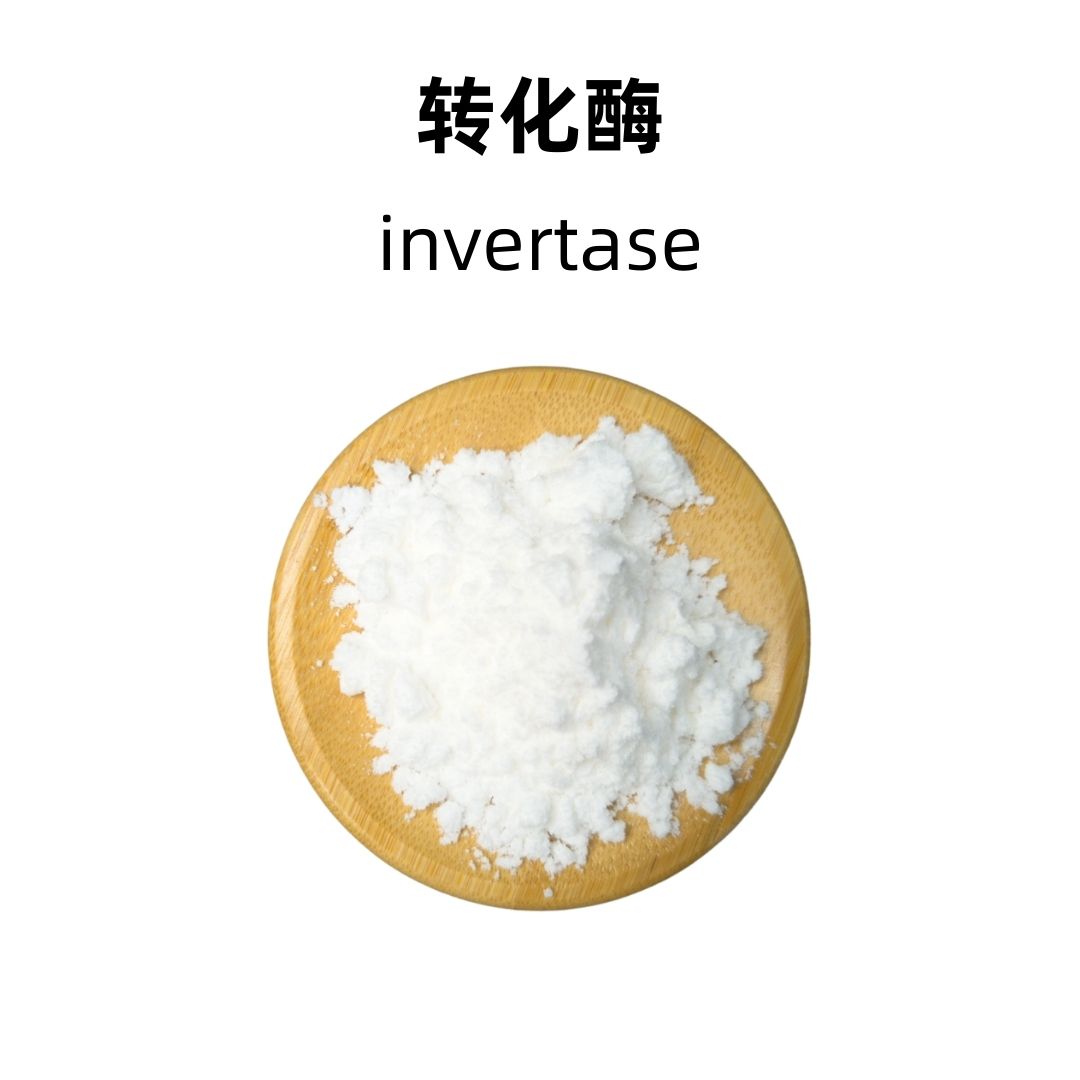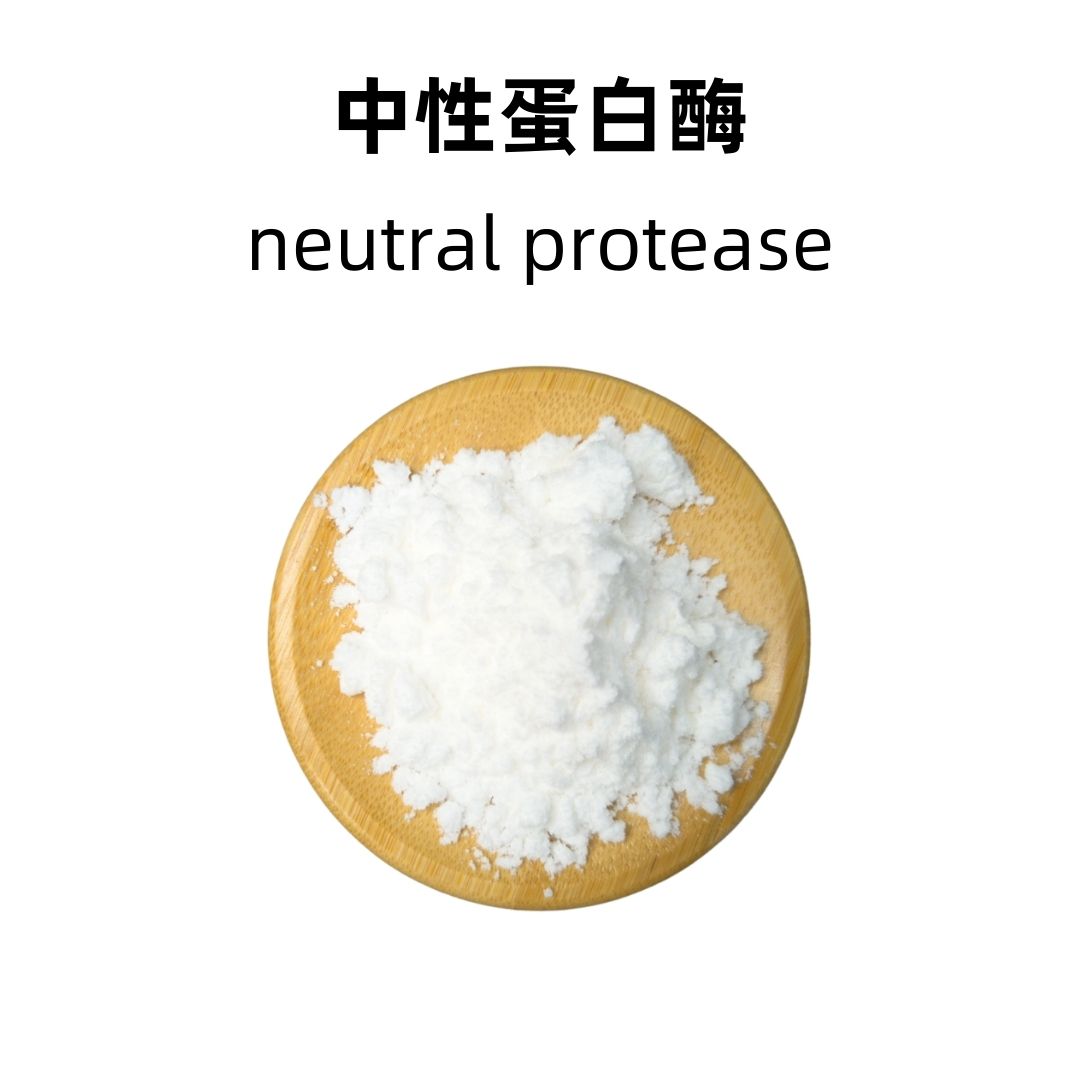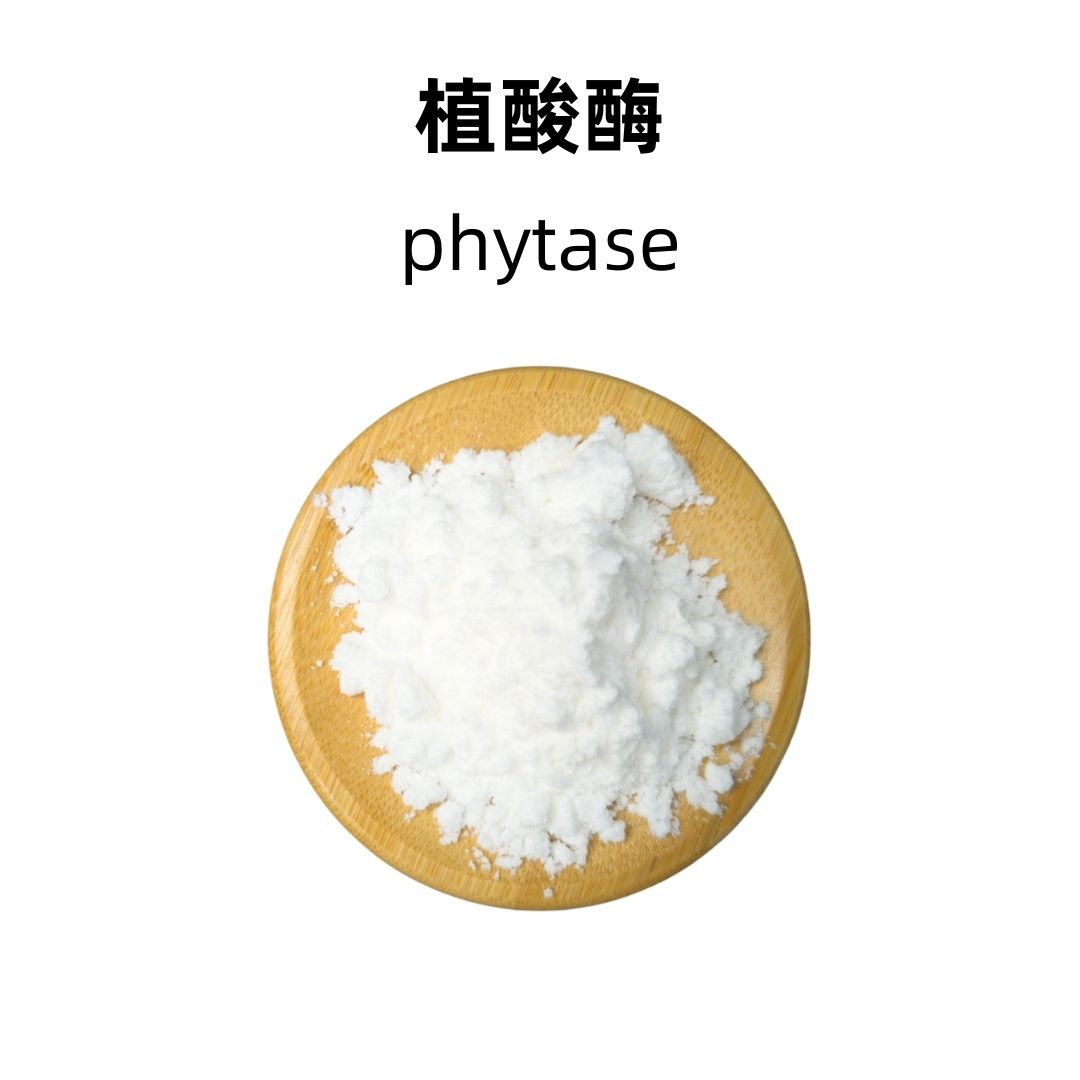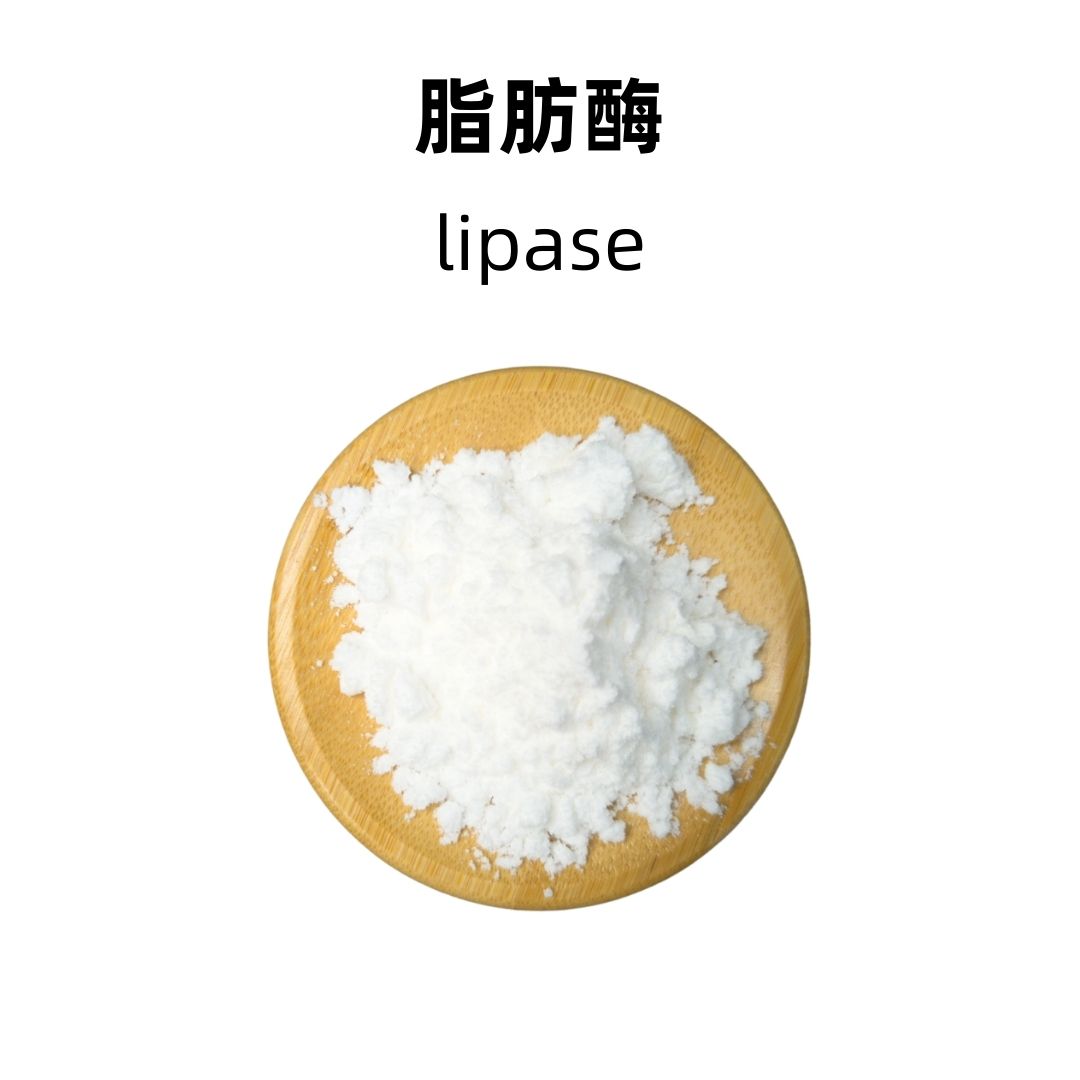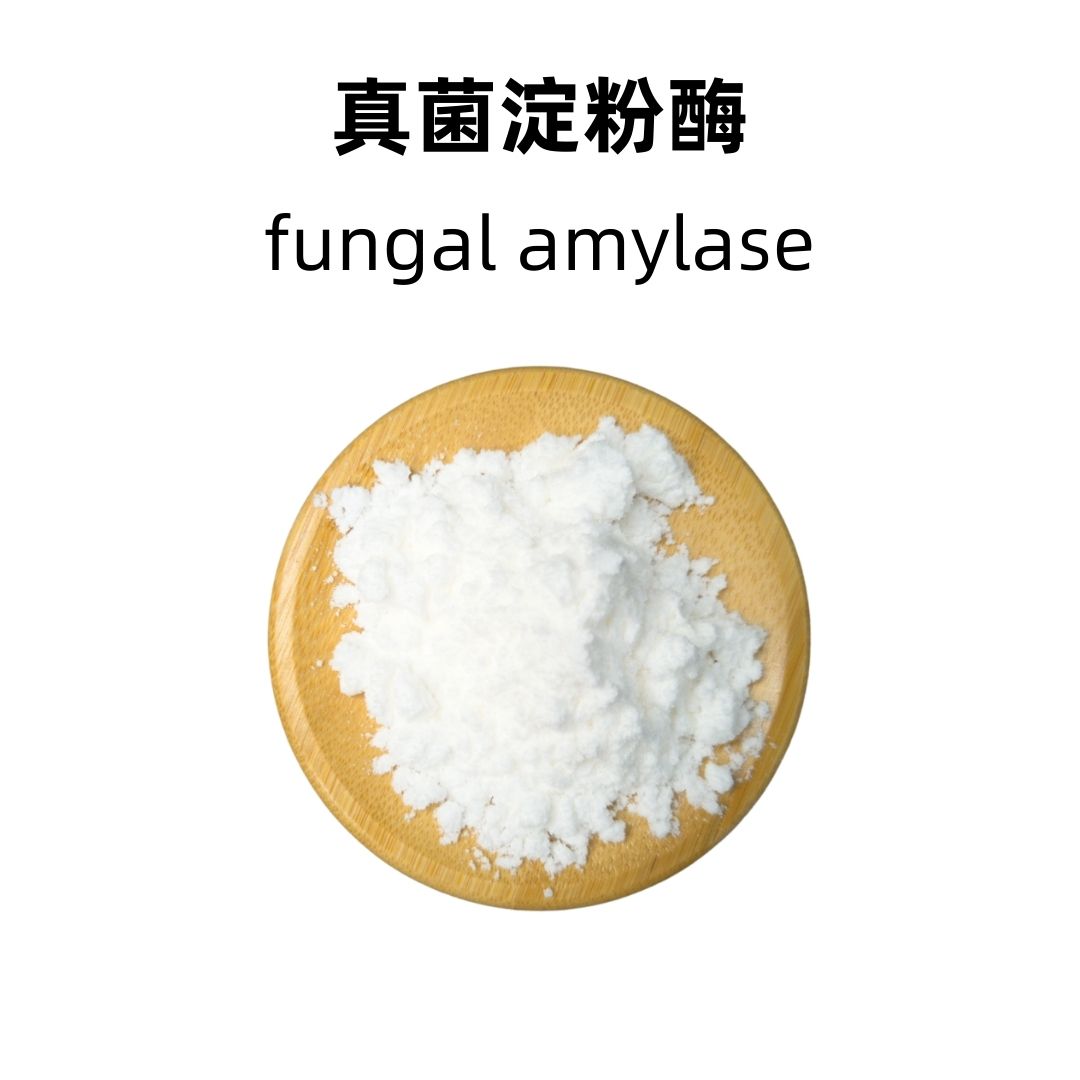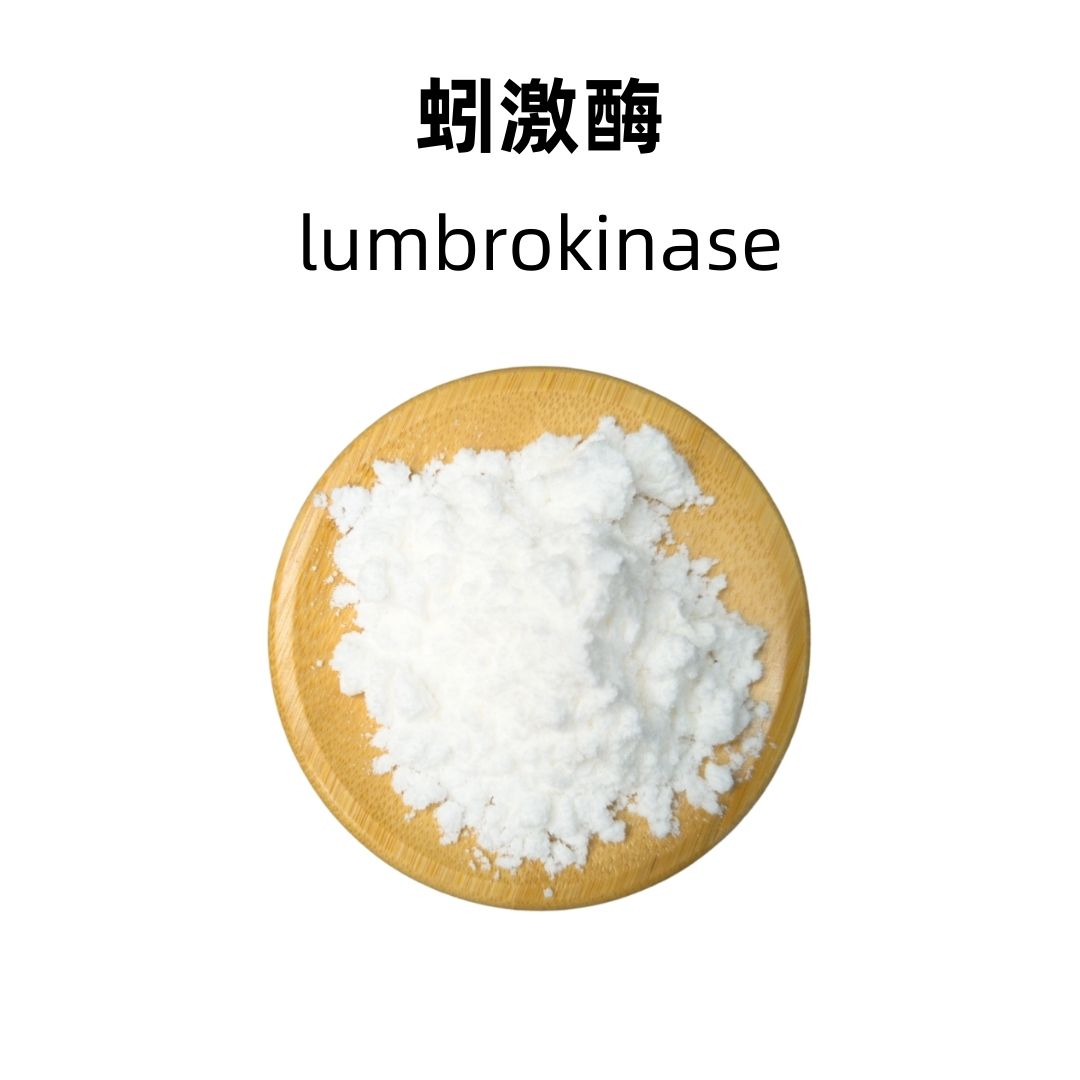Product Introduction
Esterase is an important enzyme that plays a crucial role in the hydrolysis of ester bonds. It breaks down fats and oils into fatty acids and glycerol. Found in various organisms, esterases are involved in numerous biochemical processes essential for cellular function and metabolism. These enzymes are widely used in different industries for their ability to facilitate specific chemical reactions.
Production Process
Esterase is typically produced through fermentation of specific microorganisms, which naturally produce the enzyme. The production process involves culturing these microorganisms under controlled conditions to maximize enzyme yield. After fermentation, the enzyme is purified through filtration and chromatography techniques to remove contaminants and concentrate the active esterase. Quality control tests are then conducted to ensure the enzyme meets standards for activity and purity.
Effects and Functions
Esterase serves several important functions in biological systems. It helps in the digestion of dietary fats by breaking down triglycerides into free fatty acids, making them easier for absorption in the intestines. In pharmaceuticals, its activity can be utilized to activate certain pro-drugs, enhancing therapeutic effects. Additionally, esterases are important in bioremediation, as they can degrade various pollutants in the environment.
Application Scenarios
Esterase is used in numerous applications across different sectors. In the food industry, it aids in flavor enhancement and improves texture in products such as dairy and baked goods. In pharmaceuticals, it can help in the development of drug formulations by modifying their pharmacokinetics. Furthermore, esterases are employed in the production of biofuels, where they assist in converting oils into biodiesel. The enzyme is also valuable in cosmetics, providing moisturizing benefits by breaking down lipid molecules.
Packaging and Storage
Storage Conditions: The product should be sealed, protected from light, kept away from high temperatures, and stored in a dry, cool, and well-ventilated place.
Packaging: Bulk: 25 kg per fiber drum. Sample: 1 kg per aluminum foil bag. Custom packaging is available upon request.
Shipping Methods: FedEx, DHL, dedicated logistics, and sea freight consolidation.
Shelf Life: Two years.
Monica Sun possesses extensive technical expertise and market insights in the food additives industry. She excels in designing efficient and safe additive formulations tailored to various food applications, ranging from sweeteners to functional dietary fibers. Monica has successfully assisted food manufacturers in optimizing ingredient combinations to enhance product quality and improve consumer satisfaction.









